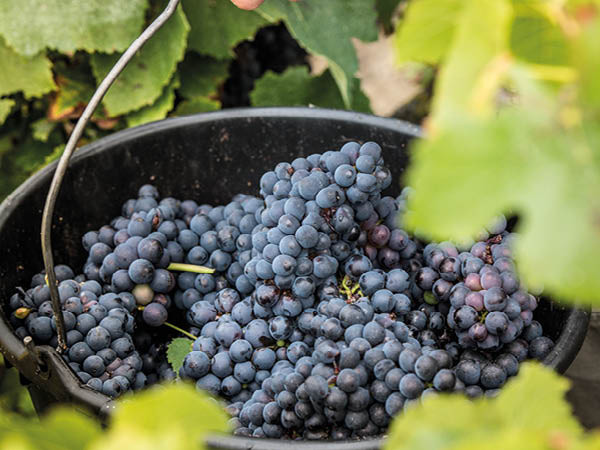
Headline Heroes: Why Rosé Champagne demands our attention
Rosé Champagne is a style that has been around for more than 200 years, yet its success is a relatively recent phenomenon, as the category has steadily expanded to represent a bigger slice of the market, reaching around 10% of Champagne shipments over the past couple of decades. Produced in a kaleidoscope of different pinks, rosé fizz lends itself to celebrations and has enjoyed a growth in value that has outperformed regular ‘white’ Champagne in a challenging market, but the stylistic differences run far deeper than colour, courtesy of two contrasting approaches to production.
Access to this article is restricted.
You need to have a valid subscription to access this content. If you already have a subscription please log in.
Subscribe
Subscribe today for unrestricted access to ALL content and receive all email newsletters.
Already a subscriber?
Please log in using the link at the top of the page to see this article and all subscriber-only content.




